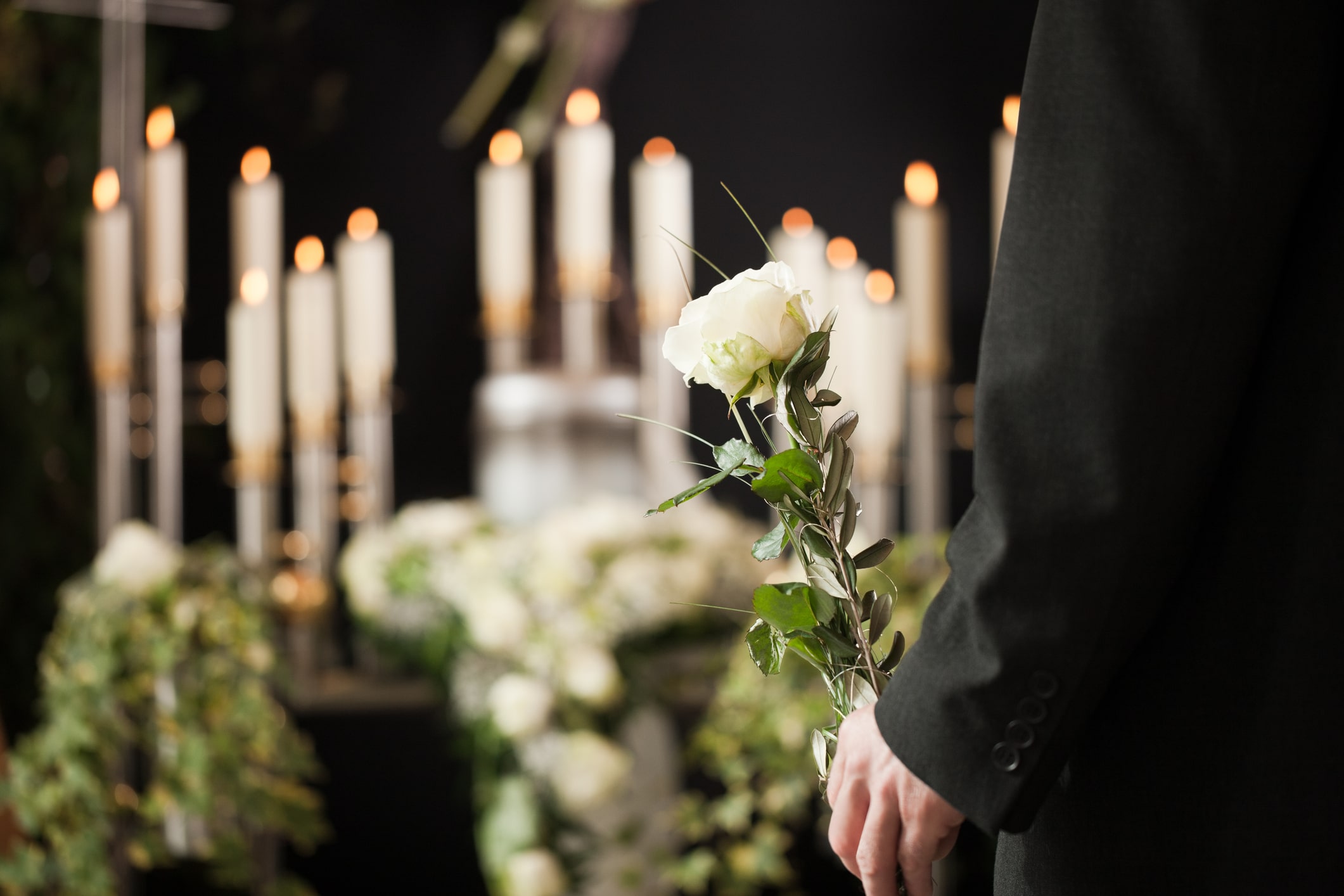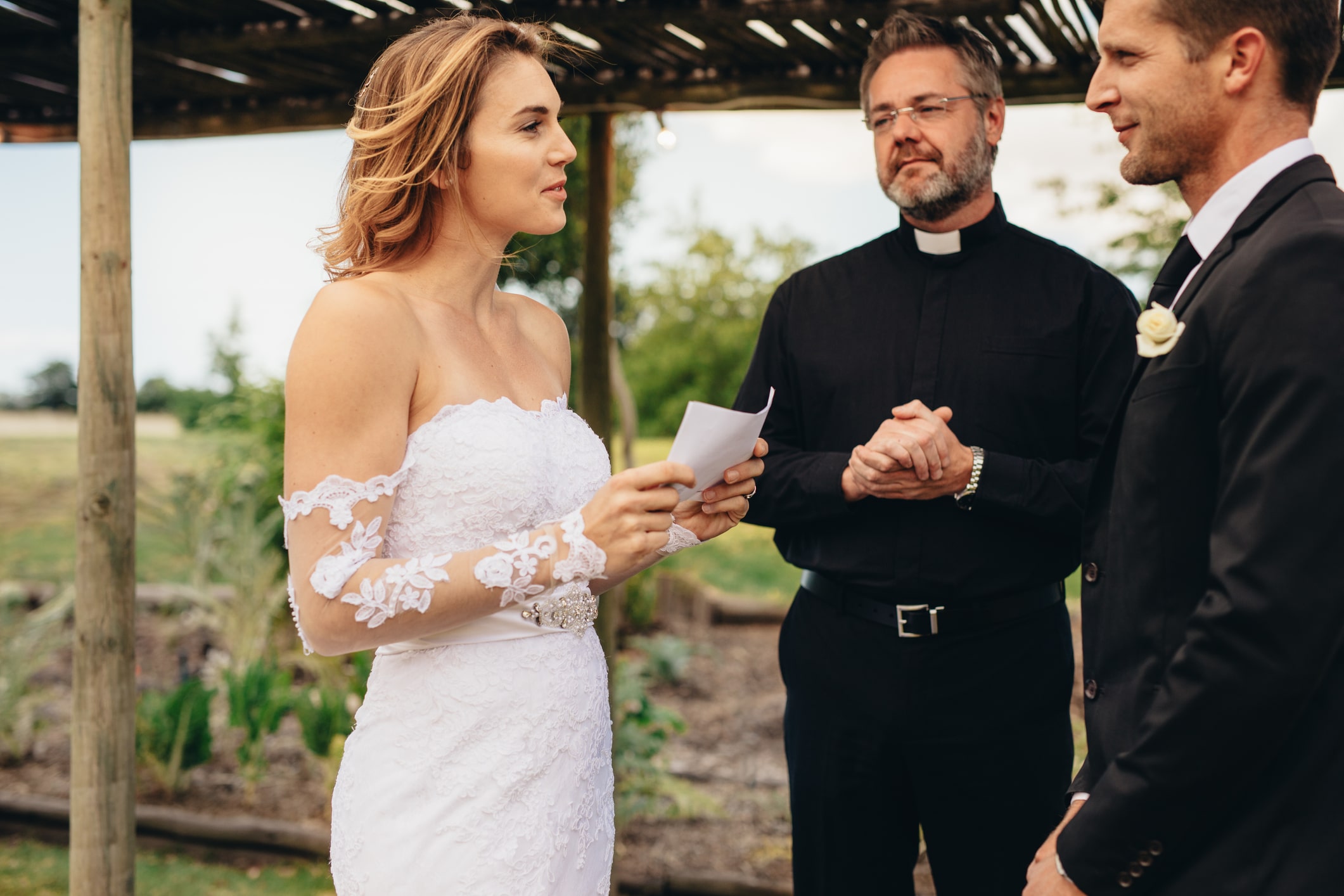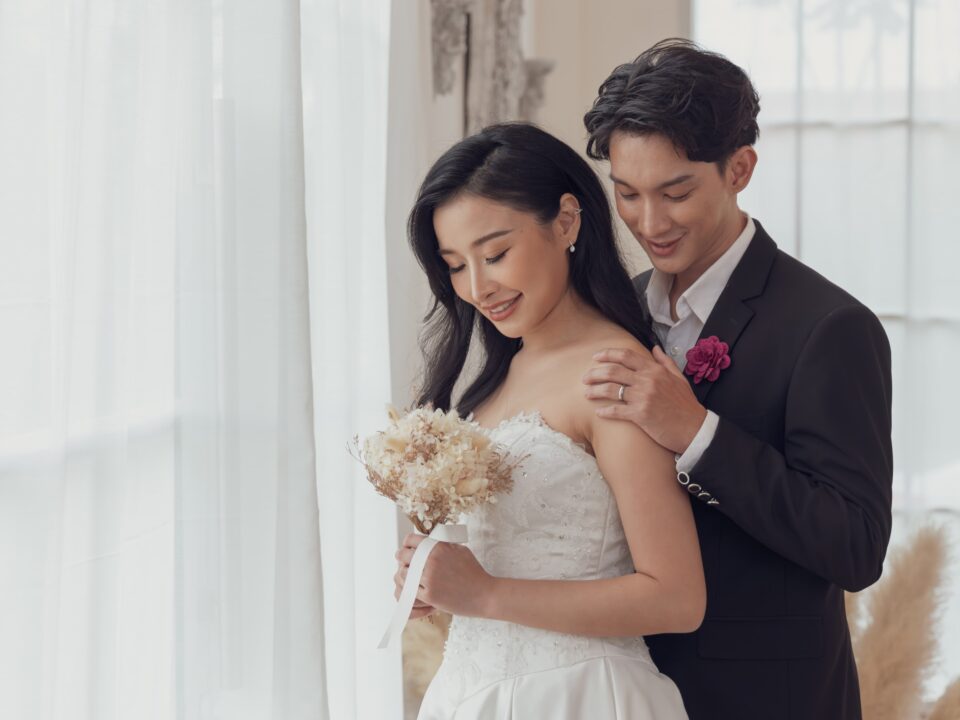
Memorial Service Style: What to Wear
September 19, 2023
Modern Wedding Readings for a Timeless Celebration
October 2, 2023When it comes to weddings, rich traditions stand as pillars of cultural heritage, infusing celebrations with depth and meaning. Amidst the excitement of wedding planning, an important question often arises: who covers the expenses? Let’s embark on a journey through wedding traditions and shed light on the customary financial roles of the bride and groom’s families. While it is important to keep these time-honored traditions in mind when planning for an upcoming wedding, it is also notable that weddings are meant to be a unique experience that represents the couple and their specific personalities.
Wedding Traditions Defined
Before we delve into the specifics, it’s crucial to grasp the profound importance of wedding traditions. These time-honored practices serve as a link between bygone eras and the present day, tethering us to our cultural roots. They provide a framework for commemorating love, togetherness, and commitment in a way that resonates deeply with both families.
The Bride’s Family
Traditionally, the bride’s family has been responsible for shouldering certain key expenses. This includes the wedding ceremony and reception venue, floral arrangements, and the bride’s wedding attire. These customs have evolved over time, signifying the family’s support and well-wishes for the couple’s future together.
A Groom’s Family’s Role
While the bride’s family carries significant responsibilities, the groom’s family also plays an integral role. Traditionally, they cover expenses such as the rehearsal dinner, the groom’s attire, and the marriage license. This not only signifies their endorsement of the union but also symbolizes their dedication to expanding their family.
Shared Responsibilities
In modern times, it’s common for both families to come together and share the financial burden. This collaborative effort reflects the unity and support that the families extend to the newlyweds. While some may opt for traditional roles, many couples and families find joy in crafting a unique blend of customs that reflects their shared values and vision.
A Twist in Tradition
As weddings continue to evolve, couples are increasingly opting to personalize their celebrations. This might mean paying less attention to traditional roles and focusing on what feels right for them and their families. This could involve allocating expenses based on each family’s resources and preferences.
Respecting Tradition, Embracing Change
While wedding traditions hold a special place in our hearts, it’s crucial to remember that they are adaptable. Above all, the love and commitment that the couple shares remain the most important factors. Embracing change and infusing tradition with personal touches yield a wedding that is both meaningful and a testament to the couple’s unique journey.
In the grand tapestry of wedding planning, understanding the significance of tradition is key. While customs provide a beautiful framework for the celebration, they can be adapted to suit the preferences and circumstances of the couple and their families. Whether you choose to adhere strictly to tradition or forge your own path, what truly matters is the love and unity that shine through on your big day. So, as you embark on your wedding planning journey, remember to honor the traditions that resonate with you and create new ones that will be cherished for generations to come.





